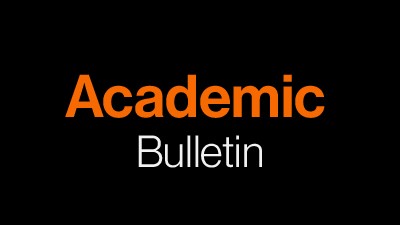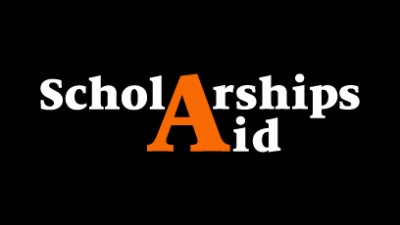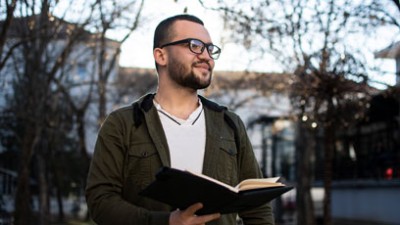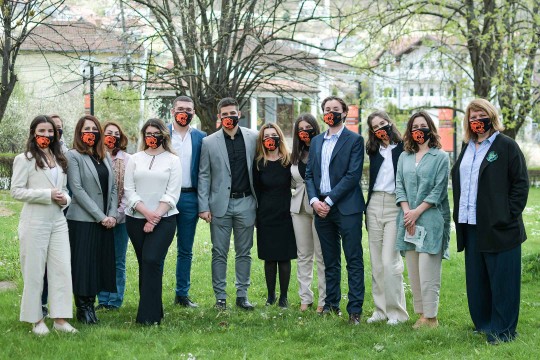Lorraina Pinnell
Adjunct Faculty
RIT Kosovo
Currently Teaching
ENGL-210
Literature and Cultural Studies
3 Credits
In this course, students will study literature, movements, and writers within their cultural contexts and in relation to modes of literary production and circulation. Students will hone their skills as attentive readers and will engage with literary analysis and cultural criticism. The class will incorporate various literary, cultural, and interdisciplinary theories--such as psychoanalytic theory, feminist and queer theories, critical race studies, and postcolonial theory. Using these theoretical frameworks in order to study texts, students will gain a strong foundation for analyzing the ways literary language functions and exploring the interrelations among literature, culture, and history. In doing so, they will engage issues involving culture, identity, language, ethics, race, gender, class, and globalism, among many others.
ENGL-316
Global Literature
3 Credits
This course presents a study of global literature by engaging in critically informed analysis of texts from different geographical regions or cultural perspectives. Students will discover new modes for thinking about what global literature is, and how globalizing impulses have changed and shaped our world. One of the goals of the class is to analyze and discuss the works in their respective socio-historical contexts, with a special focus on the theme of encounter or contact zones. The impact of various factors such as migration, nationality, class, race, gender, generation, and religion will also be taken into consideration. The course can be repeated up to two times, for 6 semester credit hours, as long as the topics are different.
ENGL-391
Dangerous Texts
3 Credits
This course will examine how suppression of information has been orchestrated throughout history in different contexts. The process of suppressing information –of people in power attempting to hide images, sounds and words– must itself be viewed in perspective. We must recognize acts of censorship in relation to their social settings, political movements, religious beliefs, cultural expressions and/or personal identities. The texts that we will study were all considered dangerous enough to be banned by governments. They are dangerous because they represent sexuality, race, politics, and religion in ways that challenge the current political/cultural norms of their given culture. What, then, is so dangerous about a fictional representation? What is it that makes a certain work dangerous at a particular time and how does this danger manifest itself in stories, novels (print and graphic), and poetry? Studying these dangerous texts and watching some dangerous films we will ask: what features of political and cultural regimes do artists tend to single out for criticism? What is the range of expressive tools they use, including the contemporary context of digital media? What is it that makes intellectuals in general and imaginative writers in particular so potent a threat to established power? Do issues like these matter only in totalitarian regimes, or can we learn something about the book-banning pressures in our own society? How do social media technologies complicate discussions of censorship and creativity?
In the News
-
May 17, 2021
![RIT Kosovo Honors Society Students & RIT Kosovo Honors Committee.]()
RIT Kosovo Honors Society Students 2021
By the end of each academic year, RIT Kosovo (RIT-K) organizes the Honors Students’ Presentation Day.
During this academic year, a total of eight Honors students successfully passed all requirements to become members of RIT-K Honors Society and presented their Senior Capstone Research Projects on April 29, 2021.











